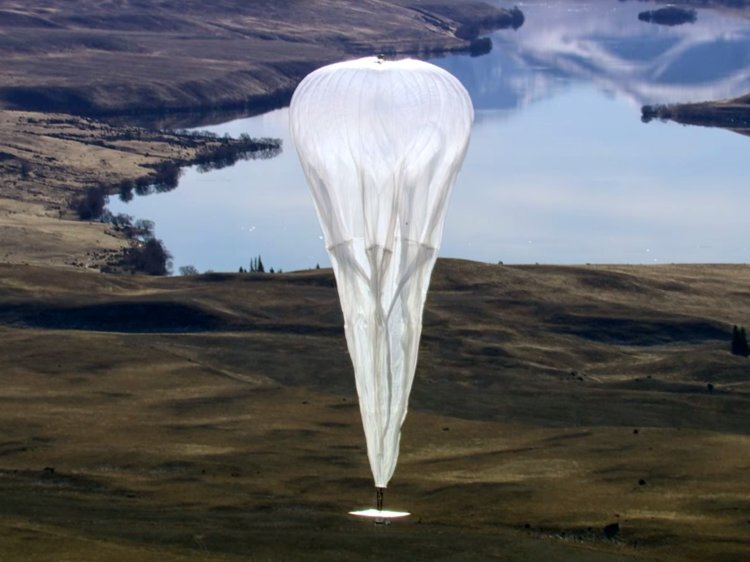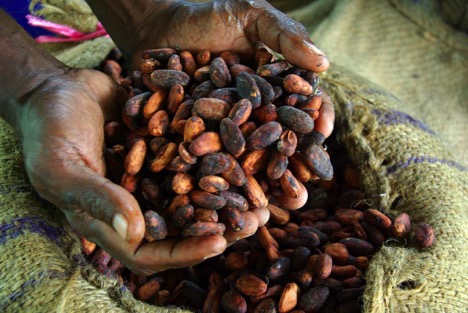By Colleen Hall
- Alphabet’s Loon division has launched 35 floating solar powered internet balloons across remote parts of Africa
- Only 28% of Africa’s 1.3 billion people have access to the internet
In its first commercial global internet delivery, Google’s parent company Alphabet’s (GOOG -3.37%) Loon division, in partnership with Telkom Kenya has launched 35 floating solar powered balloons. This will allow parts of western and central areas of Kenya to finally get online. Since only 28% of Africa’s 1.3 billion people have access to the internet, according to a 2019 report by the Alliance for Affordable Internet, these balloons could really open up the world wide web to remote parts of Africa.
Why This Matters: Loon was initially a 2013 idea out of Google X, “Moonshot Factory.” Its floating fleet, has already connected 35,000 unique users to the internet at the time of its release earlier this month. While the lack of shared cost of infrastructure is attributed to the region’s high internet cost, Loon’s telecommunication partnership with Telkom Kenya, the country’s third largest mobile network, has economic advantages in the flexibility of its tower support. According to its reports, a single balloon is able to provide 200 times the coverage of a cellphone tower. This allows for uninterrupted access during higher seasonal demand, redistribution in customer fluctuations and an added life-saving measure to better provide emergency response to the surrounding areas.
A single bal-“loon” is able to provide 200 times the coverage of a cellphone tower
There are several reasons why many people in the continent lack access to the internet including, but not limited to, any combination of the following: cost of infrastructure, remote dwelling, difficult terrain, the limit of technology etc. While economic factors label the internet in Kenya as “affordable,” Kenya trails behind other countries in the region on internet accessibility as the cost for internet in the country remains high.
Kenyans spend an estimated 3.1% of their average monthly earnings to purchase a one gigabyte (GB data),” according to Business Daily Africa. This is 1.1% higher than the Alliance for Affordable Internet’s (A4AI) reported definition of affordability, which is “1GB of mobile broadband data costing not more than two percent of average monthly income.”
What’s Next: Loon’s successful launch is poised to be extremely beneficial in meeting the region’s increasing demographic demands. The African continent is expected to double its population by 2050, with half of that population being less than 25 years old. An increase in internet connectivity will better position rural Kenyans to face the challenges that lay ahead, and serve as a prototype for underserved areas to model.
CBx Vibe: “Black Parade” Beyoncé









